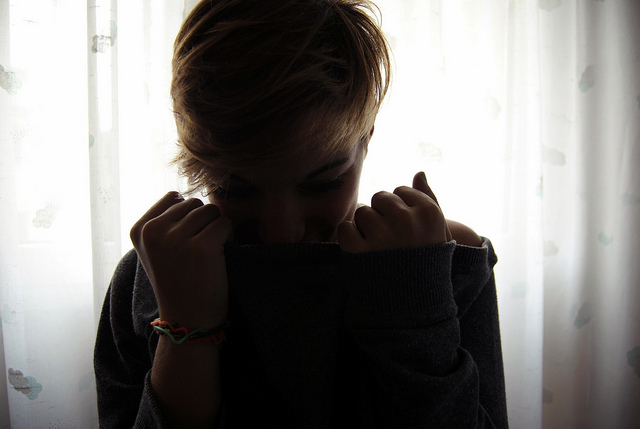The Ontario government has appointed the Sexual Abuse Task Force to review the Regulated Health Professions Act, 1991. The Act governing all regulated health professions in the province was meant to prevent, and deal with, the sexual abuse of patients by regulated health professionals
In Ontario, health professionals are represented by twenty-three regulatory colleges that will have input into forming the recommendations that emerge from the Sexual Abuse Task Force. Included under this umbrella are doctors, chiropodists and podiatrists, occupational therapists, dentists and dental hygienists, pharmacists, massage therapists, medical laboratory technologists, speech-language pathologists, midwives, nurses, opticians, physiotherapists, psychologist, and respiratory therapists.
Patients rely on healthcare providers to dispense information, help, treatment, and referrals while respecting their right to privacy. This inherent trust and reliance creates an imbalance of power in favour of the professional. When a health professional uses this leverage to sexually abuse a patient it’s particularly troubling.
According to the federal government website SexAssault.ca, if a patient reports a sexual assault to police then the medical society will probably become involved. However, if a patient discloses to the medical society then the governing body may not be obligated to report the crime to police.
The College of Physicians and Surgeons of Ontario has a mandate to protect the public, but because medicine is a self-regulated profession the college has a vested interest in protecting its members. There is no guarantee what, if any, action the college may take against a doctor who sexually assaults a patient.
Two experts form the Minister’s Sexual Abuse Task Force. Marilou McPhedran (Human Rights Lawyer and Educator) chair of the previous two panels that reviewed the Regulated Health Professions Act, and Sheila Macdonald (Educator and Registered Nurse). As in 1991 and 2000, the task force does not include patients with lived experience.
It’s not a question of establishing how much evidence there is of patient sexual abuse. The 1991 panel heard from hundreds of patients and the parents of patients. We know sexual abuse by health professionals happens and we know that the victims are most often women and youth.
It’s time for patients and their families to share their lived experiences and offer recommendations to the panel that will help create policy that is not only protective of patients but supportive of those that disclose sexual abuse by health practitioners.
Recommendations from panels are a start, but they’re ineffective if shelved or executed in a less than timely fashion. It’s time to establish an independent body to oversee the implementation of recommendations from the 2015 Sexual Abuse Task Force. It’s also time to create an independent body to conduct unbiased investigations into complaints of sexual assault against health professionals and to impose remedies that back up Ontario’s commitment to zero tolerance of sexual abuse.
If you have experienced patient sexual abuse then the Ontario Coalition of Rape Crisis Centres (OCRCC) would like to hear from you. During the month of April OCRCC will be conducting private and supportive interviews for survivors of patient sexual abuse.
Please contact Nicole via OCRCC email: [email protected] or by phone 905-299-4428 (all calls are confidential).
Doreen Nicoll is a feminist and member of several community organizations diligently working to end poverty, hunger and gendered violence.
Image: Flickr/Alessandra



